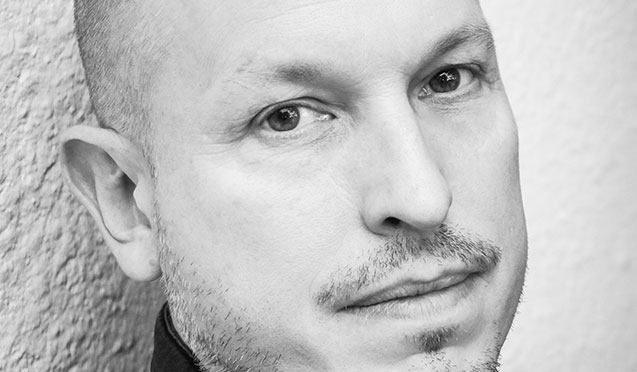His first tome, Altered State, gave us the uncensored story of acid house and rave culture here in Britain, tracing its roots from the American psychedelic and gay disco movements to the warehouses of Manchester and beyond.
In his newest, Rave On: Global Adventures in Electronic Dance Music, Matthew experiences local electronic music strains first hand, reporting back on burgeoning scenes from Durban to Dubai.
At the front of his mind is the genre’s power to influence and inspire, asking where the underground is now it’s a multi-million-pound global business.
Here he gives us a dispatch from the field, where the mavericks still abound…
Generally speaking, do you think electronic music is geographically anchored to the place it’s created in, or is physical space irrelevant?
Electronic music has become systematically globalised over the past couple of decades, particularly due to the worldwide spread of internet access, which means that virtually anyone can get involved in what was once the clandestine domain of bohemian subcultures. But you also have sounds and scenes that could not exist anywhere else because of the cultural and political environment that they emerged from - sounds like Gqom from Durban, a raw, hypnotic kind of groove which mutated out of the post-apartheid house music of South Africa in a completely idiosyncratic way.
What has surprised you most about the international electronic music scene?
What really struck me was the belief and the passion that endures 30 years after the acid house explosion in the UK. So many people all around the world have invested so much commitment and emotion into this music and culture that they really believe it is something special to be cherished and, if necessary, defended from interlopers who would try to steal and sell its soul.
Is it all interconnected, or do you think there are lots of disparate movements?
Everything is interconnected these days; because of the internet nothing can remain secret or purely localised for all that long. But electronic dance music is still a mixture of disparate movements and tribes whose members are fierce believers that their particular sound is the most exciting and meaningful. Hardcore devotees of psytrance and American deep house are both obsessed with dance music, but they have little in common with each other culturally, and you would be highly unlikely to see them partying together.
While researching for the book, what’s the weirdest place you've found yourself in listening to electronic music?
Researching the book involved a series of incredible journeys to the outer limits of the culture, and I sometimes felt I might never get back home with my consciousness intact. I was lucky enough to be able to be able to experience the music in a whole range of strange and wonderful places - an old air-raid shelter under the streets of Shanghai, the shores of the Sea of Galilee, a Pride vogue ball in Brooklyn, and a series of inspiring visits to the fabulous Berghain in Berlin to name just a few.
What shape is electronic music in now the EDM bubble has burst?
A young DJ from Las Vegas who I interviewed had a good take on what would happen to EDM if the boom turned to bust. He argued that dance music will continue to regenerate itself, just as it always has, whatever it has been called over the years: 'When people say the EDM bubble has burst – well, the word might become unpopular but dance music will not,' he said.
There have obviously been ‘crashes’ in dance music before - at the end of the disco era in the US, and when people got disillusioned with the nineties ‘superclub’ boom in Britain as it reached its excessive peak. But the music reinvented itself and new sounds and scenes emerged.
Has it been hollowed out by big business? Is it still thriving underground?
We are in this weird situation where the ‘mainstream’ and the ‘underground’ exist simultaneously, sometime feeding off each other, sometimes reacting against each other. It seems clear that corporate homogenisation has had a deleterious impact on some parts of the culture, but you still have groups of idealistic hedonists all over the world who make and play and dance to this music because it is something they genuinely believe in. These are the people who will take it forward creatively - the ones who are doing it because they truly love and believe in it.
Where do you think it’s at its most interesting?
What moves and inspires you culturally and emotionally depends on who you are, what you’ve experienced before and what you want to explore more deeply. For me, where this culture is always at its most interesting is where the renegade spirit of do-it-yourself creativity still thrives.
Tune in to Matthew’s recent global-inspired playlist for us here.





